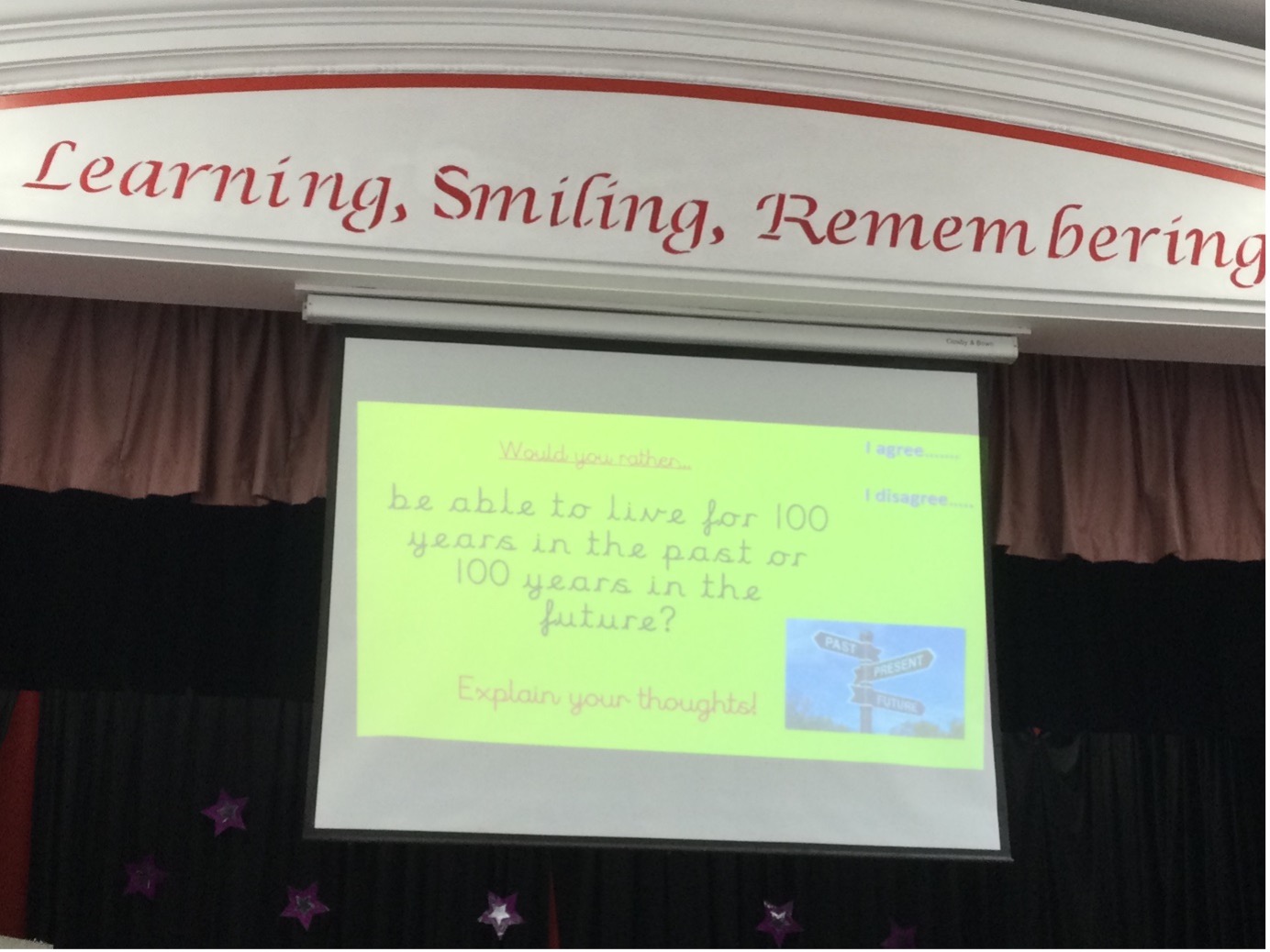As with all Voice 21 Oracy Schools Avondale Primary School’s journey to embed oracy across their school began with a commitment to their pupils and a belief in what they could achieve. In our latest spotlight school, we spoke to Stacey Duckett, Assistant Head, about how they have introduced oracy across the school.
“I want our children to know what they are capable of and to be able to confidently explain their views. Oracy is helping each of our children to be able to better articulate themselves and understand their feelings.”
Avondale Primary School is a two-form entry primary school with approximately 400 children in Darwen, Lancashire. The school is made up of children from a variety of backgrounds with above national average number of SEND pupils, free school meals and 30% of the school are eligible for the pupil premium grant. But it was a determination to ensure all of their children had access to the best opportunities that inspired the school to embark on their oracy journey.
For Stacey, “On entry baseline assessments in addition to language assessments in school indicated that language was a barrier to learning and was an area that we needed to further develop across the school. This is when we thought that oracy and working with Voice 21 would link in beautifully. We knew that working with Voice 21 would improve the outcomes for our children and give them the skills they needed for the future, like being able to stand up and give a presentation.”
A focus on creating a culture of oracy
Since becoming a Voice 21 Oracy School, the staff at Avondale have worked hard to embed the oracy across classrooms, corridors and the school community. Now oracy sits hand in hand with learning across year groups, Stacey has turned her focus to lunchtimes and the whole school ethos for oracy.
“Now we are in our second year working with Voice 21 we have had the chance to reflect on what we introduced during the first year. When we looked at the Teacher Benchmarks we noticed that we had made a great deal of progress but when we reflected on the School Benchmarks we wanted to focus more on creating a school ethos and culture of oracy.”
Students at all levels were already accessing a high-quality oracy education in lessons. But what Stacey noticed was that because only teachers and support staff had received training in oracy it wasn’t being disseminated throughout the school. With this in mind, “we decided to use some time after school to deliver a twilight for our welfare, office, kitchen and cleaning staff to attend.”
“The main point of this training was to introduce oracy to them and the benefits it can have on our children. We explored with them why it was particularly important for Avondale and how they could promote these skills in their role so when children leave their classrooms and enter the corridors and communal spaces of the school they don’t leave these skills behind.”
In the training the oracy team was able to introduce several concepts to the staff across the school including:
A focus on talk at lunchtimes
With this newfound focus on embedding oracy across all aspects of school life, the oracy team has looked at how this can work at lunch and break times.
“We have started to use the big screens in our dining hall to prompt different conversations amongst our children at lunchtimes. We ask questions each day such as would you rather live 100 years in the past or 100 years in the future? We want to encourage these conversations and use different types of vocabulary than they would use in class.”
Questions that they have used include:
Staff at Avondale are now noticing a difference in the breadth and depth of conversations the children are having.
“The children shared some wonderful and poignant reflections to these talking points. One child said they would live underwater as they have been learning about volcanoes that exist underwater so they would like to learn more about them.”
Reflecting on their experience
As the school continue to work on developing these techniques and new ideas we asked Stacey to reflect on what she had learnt from the experience at Avondale.
“All staff now know what our vision for oracy is and are equally as passionate that we want to create a school of confident speakers and listeners and they are promoting this as well! We emphasised the fact that every member of the school community has the power to make a difference and not to underestimate the conversations they are having with the children.”
Avondale is now a more lively school with conversations taking place in the classrooms and corridors. This is also being noticed by others. “We have had outside visitors come in such as money mentors to deliver sessions. They observed just how articulate and engaged the children were. They were able to debate well, challenge one another and reflect on what they had learnt.”
Now at Avondale, all staff are passionate about oracy, how it relates to their role and the impact it can have on their children. We are excited to hear more about how the school continue to embed these tools further.


© 2024 Voice 21. Voice 21 is a registered charity in England and Wales. Charity number 1152672 | Company no. 08165798